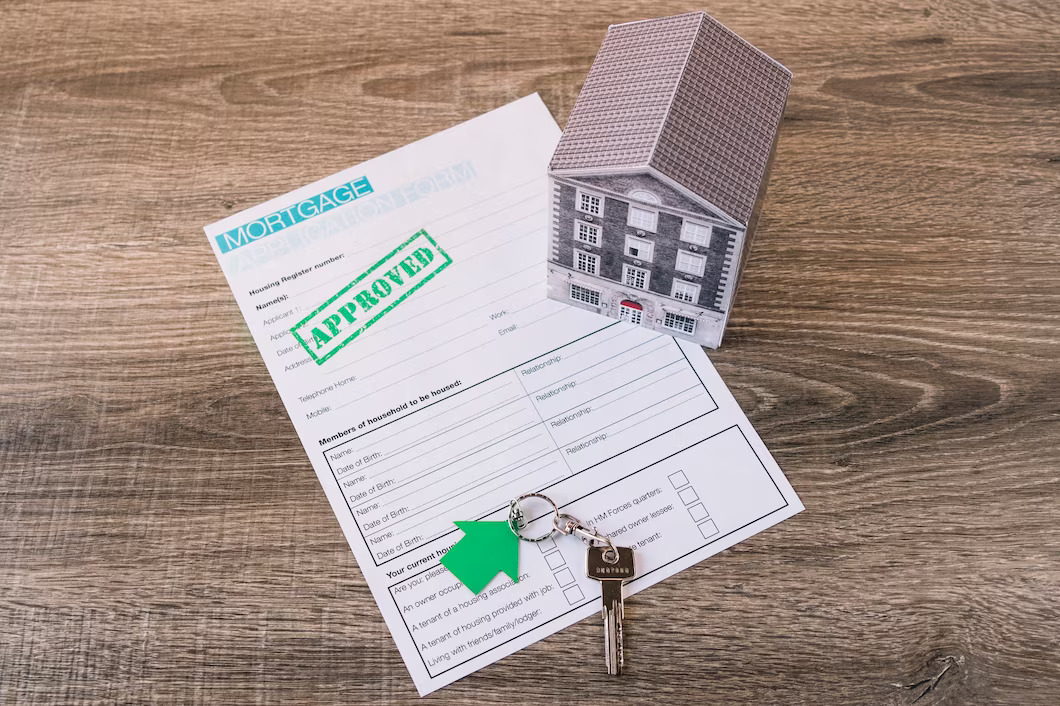Canadian Mortgages: Decoding Variable and Fixed Rates
When purchasing a home through the best real estate websites in canada, understanding the intricacies of the country’s mortgages is crucial.
In Canada, homebuyers are presented with various mortgage options. Today, we provide an overview of Canadian mortgages, focusing on two primary types: variable-rate and fixed-rate mortgages. We’ll dive into what they are, their pros and cons, and the role of a mortgage calculator in this process.
A Brief Overview
In Canada, a mortgage is a loan secured by real property, typically a residential property. The borrower has to repay the loan and interest over a predetermined period, known as the amortisation period. The most common amortization periods in Canada range from 25 to 30 years.
Mortgages in Canada can be broadly classified into fixed-rate mortgages and variable-rate mortgages. Let’s explore each type in detail.
Understanding Fixed-Rate Mortgages
A fixed-rate mortgage is one where the interest rate remains constant throughout the loan term. Your mortgage payments will be the same throughout the term, providing financial stability and predictability.
How Fixed-Rate Mortgages Work
The interest rate for a fixed-rate mortgage is determined at the beginning of the loan term and remains unchanged throughout. This rate is typically slightly higher than the current yield on Canadian bonds, considered a benchmark for fixed mortgage rates.
The term of a fixed-rate mortgage varies, but the most popular term in Canada is five years. Regardless of the term length, the rate remains constant, providing predictability in your payment amounts.
Pros and Cons of Fixed-Rate Mortgages
The primary advantage of a fixed-rate mortgage is the certainty it provides. You know exactly how much you’ll pay each month, making it easier to budget and plan for the future.
However, this certainty comes at a price. Typically, fixed-rate mortgages have higher interest rates than variable-rate mortgages. Additionally, the penalty can be substantial if you break your mortgage contract for any reason.
Peeking into Variable-Rate Mortgages
Unlike fixed-rate mortgages, variable-rate mortgages have interest rates that fluctuate over the loan term. These rates are typically tied to the lender’s prime lending rate, which, in turn, is influenced by the Bank of Canada’s key interest rate.
How Variable-Rate Mortgages Work
With a variable-rate mortgage, the interest rate can change over time. If the prime rate increases, your interest rate will also increase, leading to higher mortgage payments. Conversely, if the prime rate falls, your interest rate will decrease, resulting in lower mortgage payments.
Pros and Cons of Variable-Rate Mortgages
Variable-rate mortgages have traditionally saved Canadian homeowners money over the mortgage term, as they typically offer lower interest rates than their fixed-rate counterparts.
However, they come with some risk. If interest rates go up, so will your mortgage payments. This unpredictability can make budgeting more challenging.
The Role of a Mortgage Calculator
One tool that can be invaluable when choosing between a fixed-rate and variable-rate mortgage is a mortgage calculator. This tool can help you understand how any changes in interest rates will impact your monthly payments and the total cost of your loan.
Various online mortgage calculators can help you make an informed decision. The Save Max mortgage calculator can help you compare different mortgage options, estimate your monthly payments, and calculate how much interest you’ll pay over the life of the loan.
When using a mortgage calculator, consider your cash flow. A cash flow calculator can help you understand how mortgage payments affect your monthly income and expenses.
Tips for First-Time Home Buyers
If you’re a first-time home buyer, the world of mortgages can seem overwhelming. Here are a few tips to help you navigate this process:
- Understand your budget: Before shopping for a home, you must understand how much you can afford to borrow. Use a mortgage calculator to help you determine this.
- Consider your lifestyle: Some people prefer the predictability of a fixed-rate mortgage, while others are willing to take on the risk of a variable-rate mortgage for the potential cost savings. Consider your risk tolerance and lifestyle when choosing between these options.
- Consult a financial expert: A financial advisor can provide a home buyer personalized advice based on their financial situation and goals.
In conclusion, understanding the differences between fixed-rate and variable-rate mortgages is crucial when purchasing a home. Using tools like a mortgage calculator and consulting with a financial expert, you can make an informed decision that aligns with your financial goals and lifestyle.
You can choose a fixed-rate or variable-rate mortgage but remember that this decision should be part of a larger financial plan. It’s not just about the interest rate – it’s about choosing a mortgage that fits your long-term financial goals. So, take your time, research, and make the right decision.


















